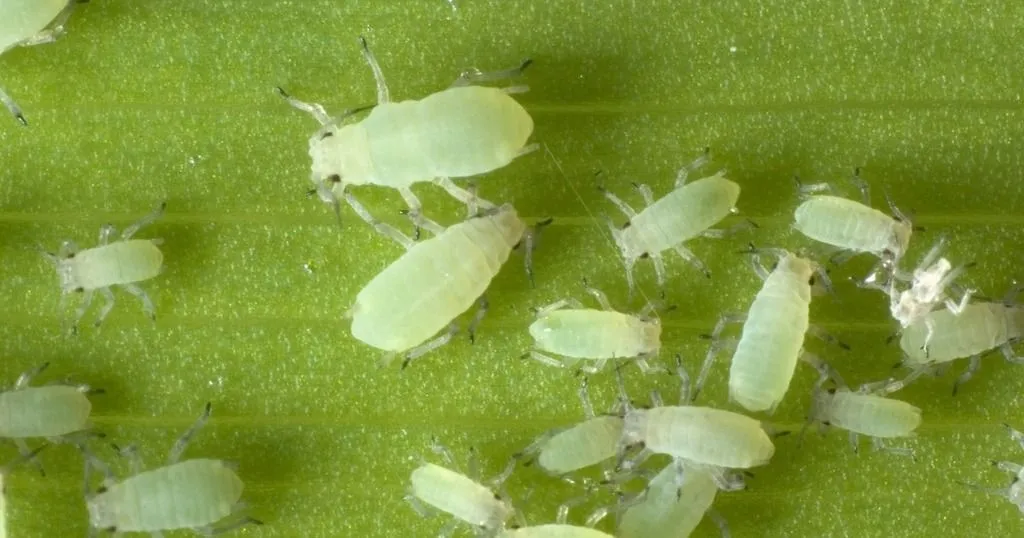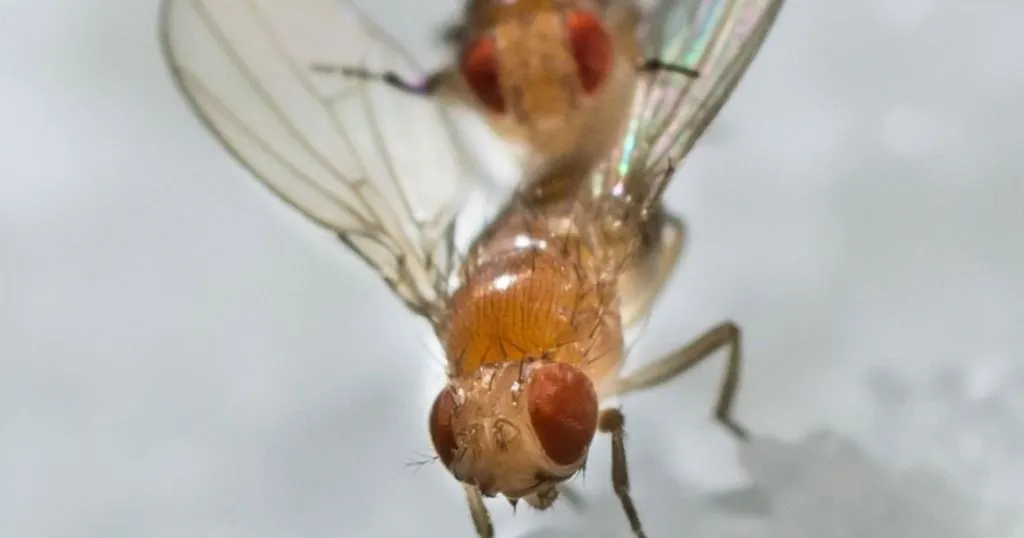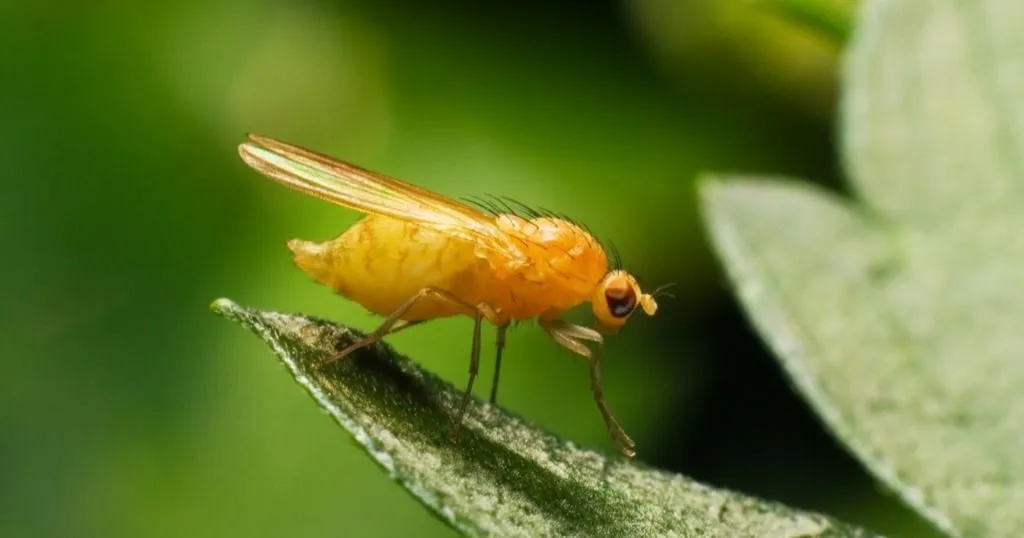Behavioral Research Blog
26 Sep
animal behavior research
Other (Animal)
Video tracking for high-throughput screening of plant resistance to thrips
A thrips is a tiny insect that can have a not-so-tiny effect on plants. A lot of research is currently carried out on how to get rid of these creatures.

16 Sep
animal behavior research
Other (Animal)
High-throughput screening of plant lines for resistance to pest insects
The EthoGenomics project focused on screening for host plant resistance to insect pest species. Video tracking provides the possibility to scale up the screening method largely.

12 Sep
human behavior research
Psychology
How to measure infant behavior
In infancy you can observe an explosive growth. Many researchers focus on this age group. Think about studies aimed at learning more about speech behavior, maternal sensitivity, or learning behavior in infancy.

01 Sep
animal behavior research
Other (Animal)
The power of rejection (in fruit flies)
Fruit flies have amazing sense of smell. This includes the ability to navigate to a food source, as well as search out a preferred mate. However, there are other areas in which their olfactory systems come into play.
25 Aug
animal behavior research
Research Methods
The use of video tracking in a HaXha test
When you get used to something, after a while you might not notice it anymore. Like a sent. The lab of Justus Verhagen investigated sniffing behavior with video tracking.

15 Aug
animal behavior research
Other (Animal)
How fruit flies find your food (and mates!)
Those tiny flies that take over your garbage cans during the summer? They are called fruit flies for a reason! They have a fantastic sense of smell and these tiny creatures are a popular animal model for researchers.

08 Aug
human behavior research
Psychology
Video-recording children with ASD in-home
Anne Kirby and colleagues studied sensory and repetitive behaviors among children with autism spectrum disorder (ASD). 32 children with ASD participated.

02 Aug
human behavior research
Healthcare
Implementing Tailored Activity Programs
Tailored Activity Programs (TAP) have been shown to have significantly reduce behavioral occurrences in dementia patients and improve engagement and positive behaviors.

08 Jul
animal behavior research
Other (Animal)
Students’ first contact with The Observer XT
Prof. Dr. Stefanski and Dr. Flauger explain why it is important to introduce students to professional software tools at an early stage.

28 Jun
human behavior research
Consumer
In-home video recordings provide measure for more objective comparisons
Edelson and her colleagues from the Nestlé Research Center in Sweden studied parent-child interactions during meal time using in-home studies.